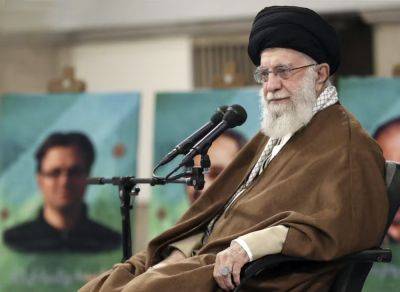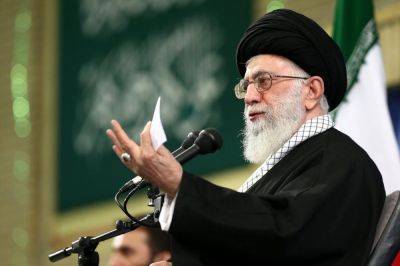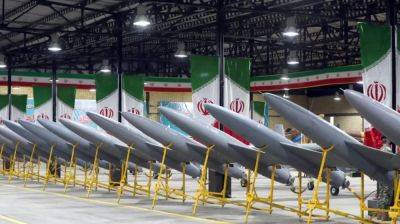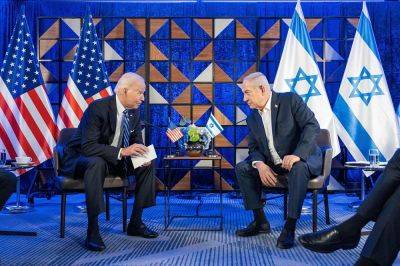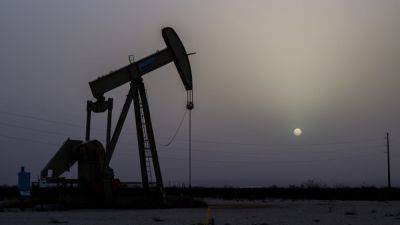Iran after Raisi
Iranian President Ebrahim Raisi, who has been reported dead after the helicopter he was in crashed on May 19, 2024, is a consummate loyalist whose passing will be a severe blow to the country’s conservative leadership.
While search and rescue teams – hampered by rain, fog, forests and mountains – searched for wreckage, Iran’s Supreme Leader Ayatollah Ali Khamenei said the nation “should pray” for Raisi.
As an expert on Iran’s domestic politics and foreign policy, I believe concern in Tehran may extend beyond the potential human tragedy of the crash. The change forced by it will have important implications for an Iranian state that is consumed by domestic chaos, and regional and international confrontation.
Since the Iranian Revolution of 1979, Raisi acted as an assiduous apparatchik of the Islamic Republic and a prominent protégé of Khamenei, who as supreme leader holds ultimate power in the Islamic Republic.
Before becoming president in 2021, Raisi held various positions inside the judiciary under the purview of the supreme leader. As a prosecutor, and at the end of the Iran-Iraq War in 1988, he sat on the committee that sentenced thousands of political prisoners to death.
The executions earned him the nickname the “Butcher of Tehran” and subsequently subjected him to sanctions by the United States and condemnation by the United Nations and international human rights organizations.
Since 2006, Raisi served on the Assembly of Experts, a body that appoints and supervises the supreme leader. And despite being seen as lacking charisma and eloquence, it was thought that Raisi, 63, was being groomed to succeed the 85-year-old Khamenei as supreme leader.
Checkered domestic record
Domestically, Raisi’s presidency was both the


